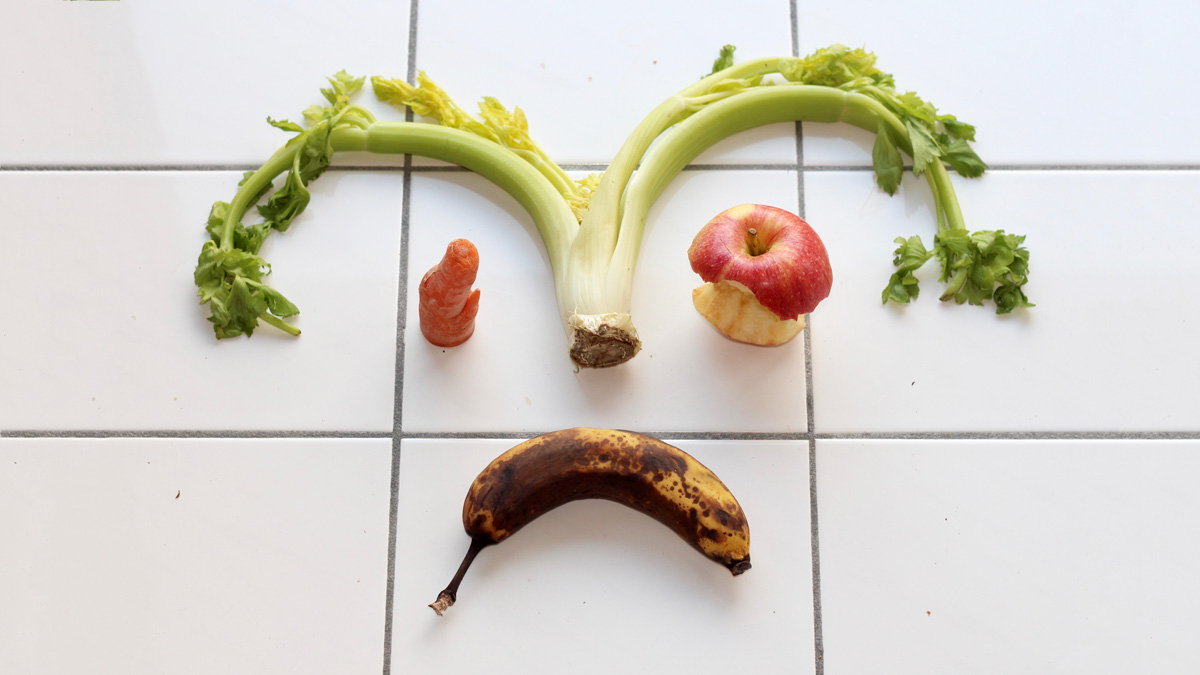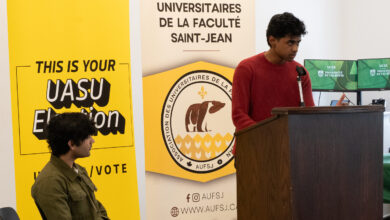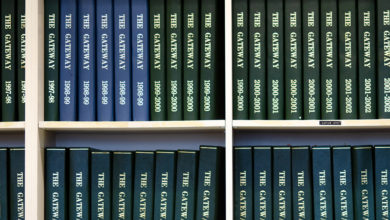The U of A is working on reducing food waste in the coming years
 Danika Kunimoto
Danika KunimotoThe University of Alberta is aiming to divert 1,500 megatonnes of food waste from the landfill per year by 2018, compared to 450 mega tonnes in 2016.
Jesse Kwasny, a waste diversion and recycling supervisor at the university, said that the University of Alberta is doing its part to reduce waste.
“That’s why you see those zero waste stations,” Kwasny said.
The university has taken part in waste audits that determine the kinds of waste being thrown out and found that 60 per cent of all waste is from food. Kwasny wants to get food waste out of the waste stream so there is less garbage going to landfills.
The university aims to achieve this goal with programs such as the lean path program which collects data from campus restaurants.
“They weigh all their waste,” Kwasny said. “They get a better idea of if their putting together too many food orders.”
When talking about other programs Kwasny said that the campus food bank “collects from stores around the university that the food vendors don’t want to use.” This contributes to the reduction of food waste by getting food from people who don’t need it and delivering it to the hands of the hungry.
“We’re starting to collect more organics from every building on campus,” Kwasny said.
The university is partnering with the City of Edmonton to build to build an anaerobic digester which will help manage waste in Edmonton with the goal of diverting 90 per cent of the waste going to landfill. The anaerobic digester is currently under construction at the Edmonton Waste Management Centre and is scheduled to be operational by the first half of 2018. Once operational it will process up to 48,000 tonnes of organic waste per year and create renewable energy and compost. The university’s 1,500 tonnes of waste will be a key contribution to the anaerobic digester, said Kwasny
”We’re working revamping and figuring out what food vendors provide discounts and promoting that,” he said. “That’s one of the projects that we want to do.”
By promoting these vendors they can promote environmentally friendly habits and hopefully pave the way for other companies to do the same.
The university aims to reach its goal of 1,500 tonnes by early 2018 and is offering opportunities to volunteer through participating in mini waste audits and taking part in the many food waste initiatives that the University of Alberta offers.




